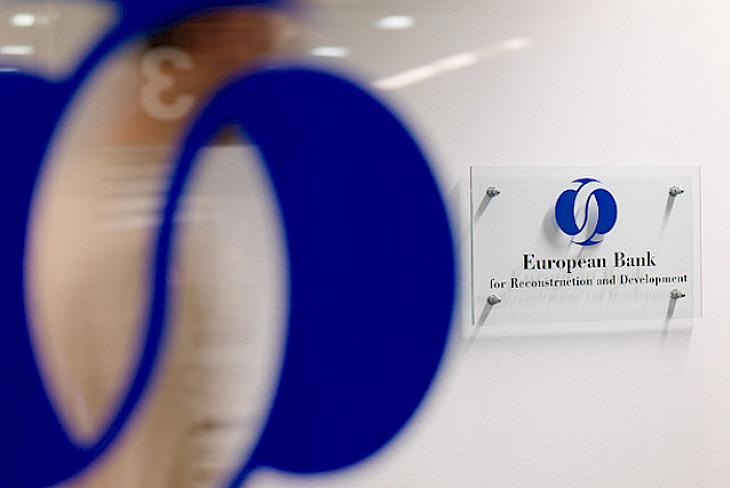In 2024, economic growth in Central Asian countries will slow down to 5.4%. However, it is expected to increase to 5.9% in 2025. This forecast is outlined in the report "Regional Economic Prospects" published by the European Bank for Reconstruction and Development (EBRD).
The report notes that the volumes of intermediary trade with Russia, which were a significant growth factor for many economies in Central Asia in 2023, have now reached their peak.
"Severe flooding and extremely cold weather affecting Kazakhstan and Mongolia, respectively, will have a negative impact on their growth in the short term. However, the region's prospects for both 2024 and 2025 remain very positive," according to EBRD analysts.
Over the past two years, there has been a significant increase in public and private investment in transportation, logistics, and export-oriented production capacities in the region.
"Sustained growth in wages and real incomes, coupled with a sharp increase in the number of arrivals from abroad and in the tourism sector, has contributed to a consumer boom, further supported by technological advancements in consumer lending," the report states.
Intraregional trade, investment, and tourism have continued to grow, facilitated by strengthened regional cooperation in addressing common challenges, ranging from water and energy resource deficits to transportation bottlenecks and border management.
Inflation has decreased to a uniform level across all countries, following broader global trends, allowing most Central Asian central banks to shift priorities towards economic growth and begin to ease their monetary policies, as noted in the report.
EBRD expects that among the policy tasks for the region in 2024-2025, the urgent need to improve infrastructure and governance practices, implement politically sensitive tariff reforms, and make efforts to achieve a broad regional agreement on shared resources such as transportation, water, and energy will dominate.
In Uzbekistan, real GDP growth was 6% in 2023. EBRD highlights the impact of rapid credit expansion, increased remittances, and arrivals from abroad in this regard.
"The country's economic growth was balanced, with the services sector, construction, and general-purpose industry being its main drivers. Export revenues increased significantly due to large volumes of gold exports, high tourism revenues, and growing supplies of food and industrial goods," the report says.
EBRD predicts that tariff reforms being implemented in Uzbekistan will help reduce energy subsidies, leading to a reduction in government spending by approximately 1.5 percentage points of GDP.
According to forecasts, the country's economy will grow by 6.5% in 2024 and by 6% in 2025, with investment in fixed capital and net exports being the growth drivers, analysts believe.
Privatization and market reforms, in their view, could improve these prospects by attracting foreign direct investment. On the other hand, economic growth is likely to be restrained by chronic deficits in energy and water resources, cautioned EBRD.
In May 2023, EBRD also forecasted that Uzbekistan's economy would grow by 6.5% in both 2023 and 2024, driven by inflows of foreign investments, companies, and individuals, as well as well-organized privatization and business climate reforms.
CentralasianLIGHT.org
May 15, 2024

